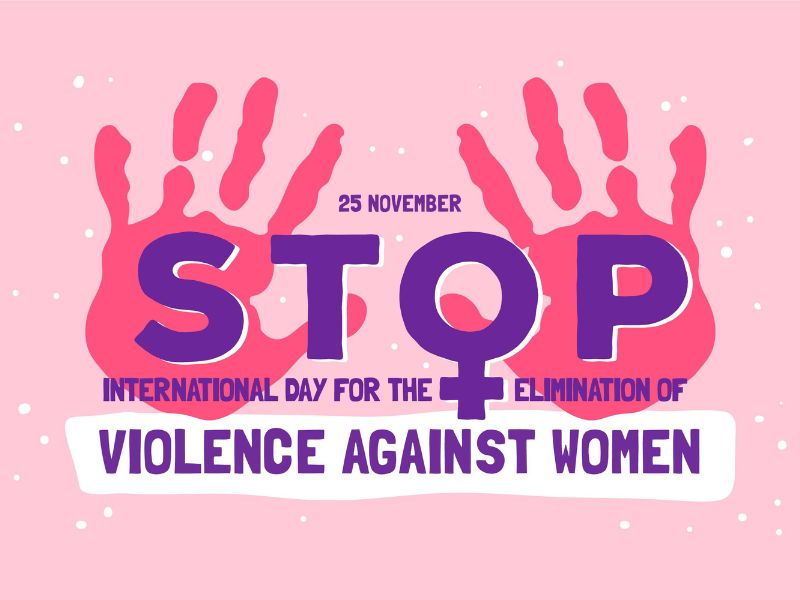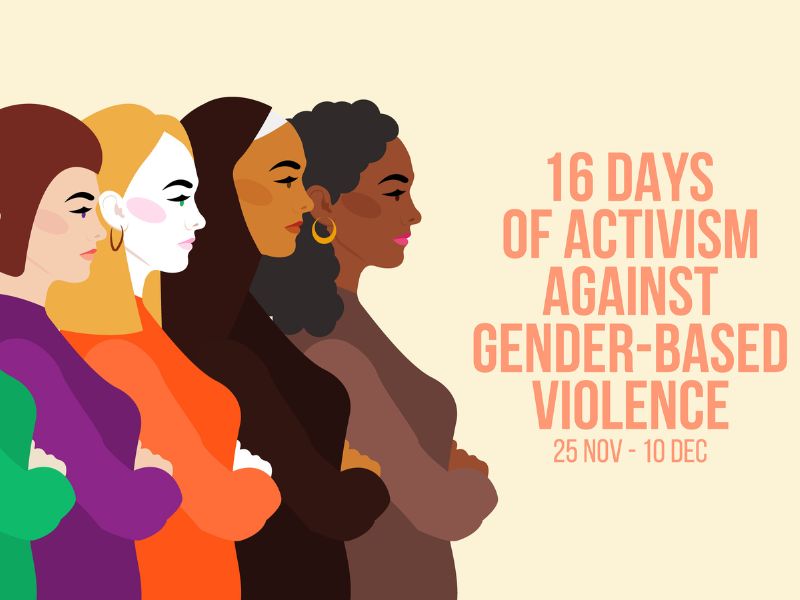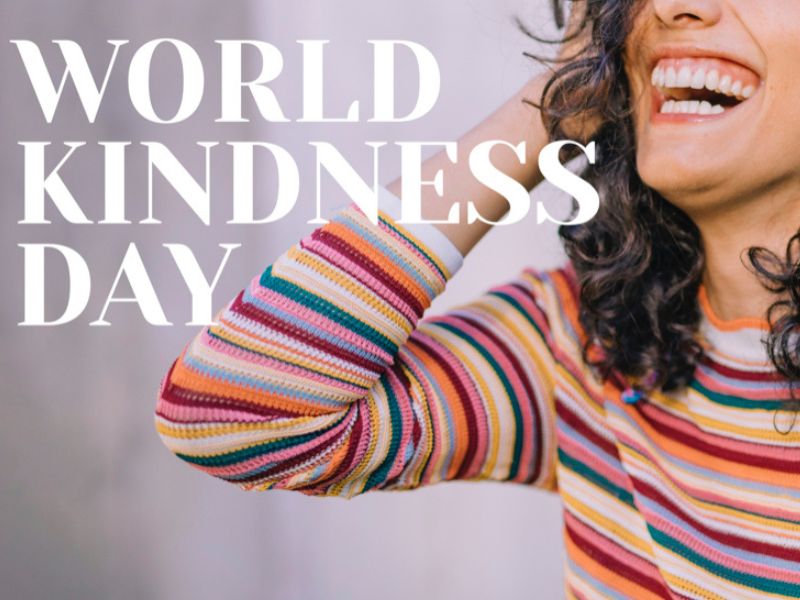People often look at campaigns that return each year and wonder whether anything changes. Sixteen days of activism against gender based violence has never been a campaign built on instant results.
It has always been a reminder that progress comes from steady attention and firm intention. The momentum grows through every conversation that refuses to stay quiet about harm and every action that strengthens safety.
This annual period runs from 25 November to 10 December and sits between two important moments. It begins on the International Day for the Elimination of Violence against Women and ends on Human Rights Day. The timing is not the point though. The real purpose sits in the stories that surface and the pressure it puts on organisations and communities to reflect on what still needs to change.

Many people think of gender based violence as something that only happens in dramatic situations. The reality is broader and often hidden. It includes harm that happens behind closed doors, harm that appears in controlling behaviour and harm that follows people into work or public spaces. These days encourage people to look at the full picture and not rely on assumptions. When people understand the patterns around this issue they are more able to offer support that feels safe and practical.
A powerful part of this campaign is its focus on listening without judgement. Support begins with someone feeling believed and understood. It also grows when people know where to go for help. Communities respond better when information is clear and simple which is why these days highlight local services, workplace policies and safe contact points. The conversations are not only about victims. They include the responsibilities of employers, public services and bystanders who witness behaviour that feels unsafe.
Organisations often use this period to reflect on their culture. Many are starting to recognise that people facing harm at home also struggle at work. Workplaces can play an important role through steady support and quiet adjustments. Simple steps such as private spaces for calls or predictable working patterns can help someone regain a sense of control. Training helps teams understand signs of distress and offers guidance on how to respond without making assumptions.
The campaign also encourages conversations with younger people. Understanding consent, healthy relationships and personal boundaries needs to start early. These are not complex ideas. They are everyday practices that help people feel safe and respected. When communities talk openly about these topics young people learn that support is available and that silence is not their only option.
Sixteen days of activism is also a moment for policy attention. Charities and advocacy groups use this time to highlight gaps in funding, support and legal protection. Their messages help guide public pressure and influence decision makers. The purpose is not to overwhelm the public with data. It is to bring the human experience to the front and remind everyone that gender based violence is not a distant issue. It lives in local streets, familiar households and shared workplaces.
The strength of these days comes from repeated commitment rather than dramatic gestures. It is a reminder that every person has a part to play. Some people join community events. Some share information. Some simply make themselves a safe person to speak to. Every action matters because it builds an environment where silence loses its grip and support becomes easier to find.
This year the message feels particularly important. People facing harm often feel isolated when life becomes unpredictable. When services are stretched or support feels hard to access the risk increases. Campaigns like this bring focus back to the people who hold everything together in difficult circumstances. Their experiences deserve attention that continues beyond these sixteen days.
A thought to keep in mind is that awareness only works when followed by steady action. These days offer a window for reflection and progress. When communities stay engaged after the campaign ends the impact grows.
If you’re reading this and need help or know someone who might be struggling there are services across the UK that offer quiet guidance and steady support. Reaching out can feel difficult yet the right conversation can bring a sense of safety and direction. These organisations provide confidential help and can offer the first step.
Refuge | Rape Crisis England and Wales | Victim Support | Galop LGBT | Samaritans









